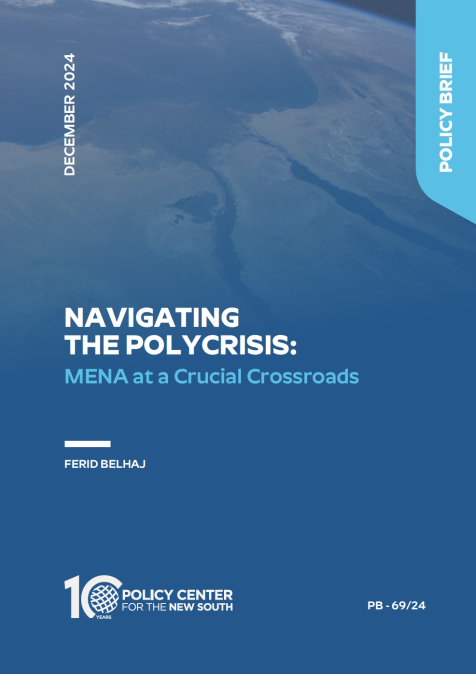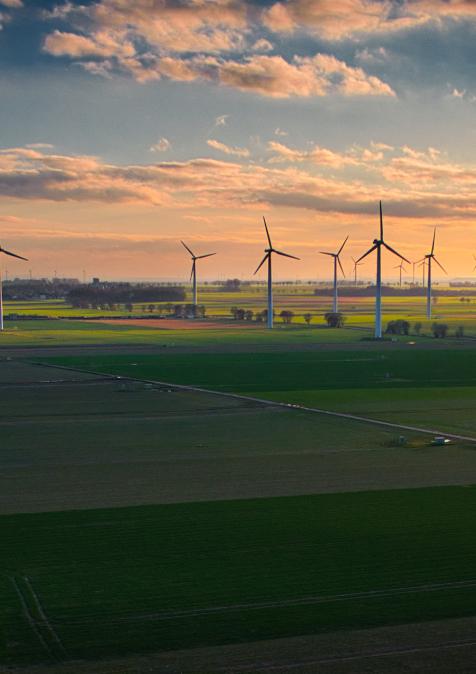Publications /
Paper in Academic Journals
Adopting an integrated approach to the management and governance of natural resources including land, water and energy is seen as an effective way to improve the sphere of production while respecting the environment.
Fatima Ezzahra Mengoub, economist at the Policy Center for the New South, was invited by Stockholm Environment Institute, alongside other prestigious research centers with expertise in environmental studies, to co-author this research paper and share her analysis of the NEXUS approach for the MENA region. In this research paper, she presents the case of the adoption of the localized irrigation system in Morocco as an opportunity to be seized in terms of development of an integrated approach linking all users of water and ensuring its proper management.
This article was orginally published Frontiers in Environmental Science: https://www.frontiersin.org/articles/10.3389/fenvs.2019.00048/full#h8







